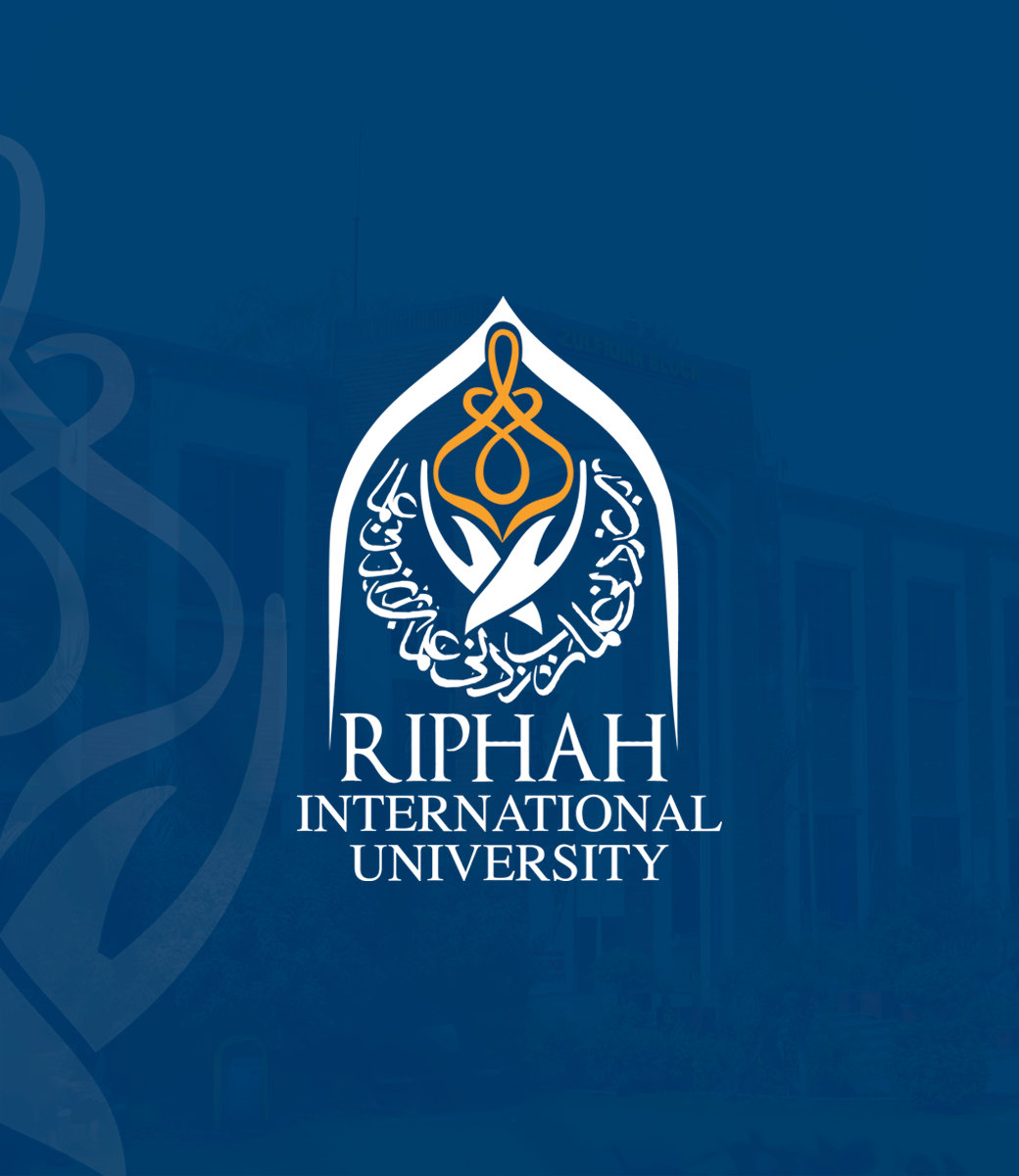
Dr. Nadia Afsheen
Head, Department of Biotechnology
Message from HOD
Biotechnology sits at the heart of modern life—reshaping healthcare, agriculture, industry, and the environment. At the Department of Biotechnology, we prepare students to understand living systems at the molecular level and to translate that knowledge into ethical, practical solutions that improve lives and markets.
Engineer Biology. Solve Real Problems.
Our four-year program builds strong foundations in molecular biology, recombinant DNA technology, bioprocessing, and bioethics, complemented by intensive laboratory training and industry exposure. Students learn to design experiments, analyze data, ensure biosafety and quality, and communicate science with clarity and responsibility.
About The Department
The curriculum spans recombinant DNA technology, biopharmaceuticals, plant and animal biotechnology, industrial and environmental biotechnology, and food biotechnology—aligned with national guidelines and current global practice. Core learning threads include genetics and genomics, cell and tissue culture, fermentation and bioprocess engineering, bioinformatics, immunology, and analytical biochemistry.
Learning is hands-on. Modern labs support PCR, electrophoresis, microbial culture, cell/tissue culture, downstream processing, and quality control, while seminars, internships, and capstone projects connect classroom knowledge to real-world needs. Emphasis on biosafety, regulatory awareness, and entrepreneurship equips graduates for roles in industry, research, diagnostics, and advanced study.
Program Educational Objectives
Graduates will be able to:
- apply biotechnology to develop safe, nutritious, pathogen-resistant food products;
- engineer and optimize microbes for high-value outputs (e.g., energy sources, drug precursors);
- utilize plant and animal biotechnology, including transgenic approaches, for targeted improvements;
- design and conduct research, analyze and present data, and prepare scientific manuscripts;
- address emerging challenges in developing countries by proposing sustainable, community-focused biotech solutions.



